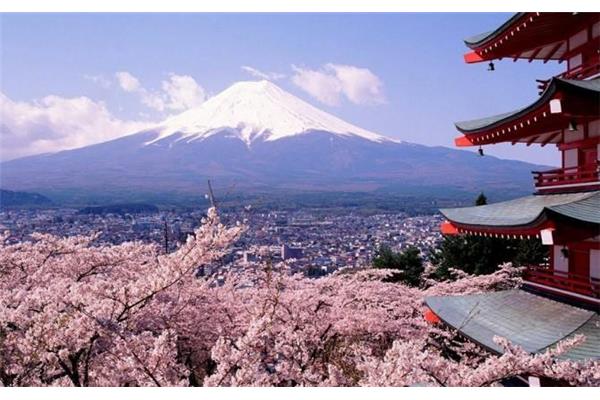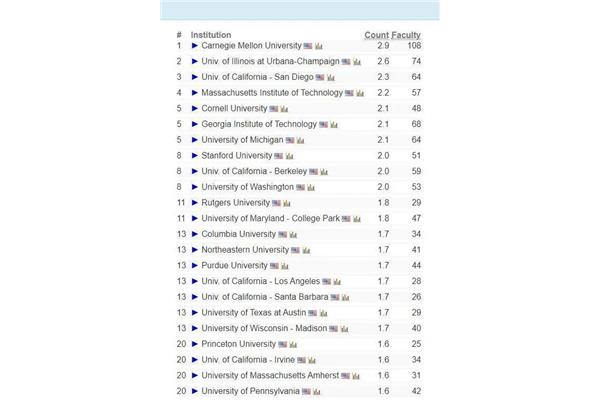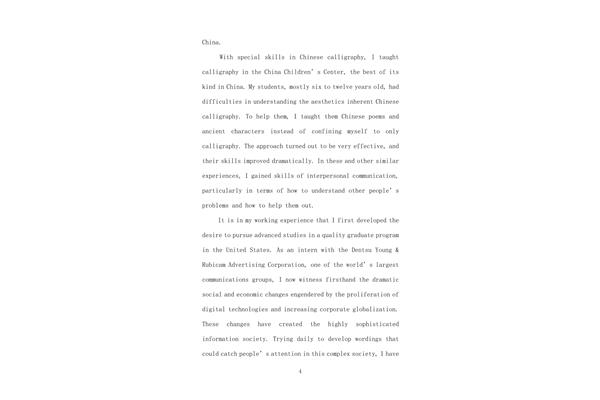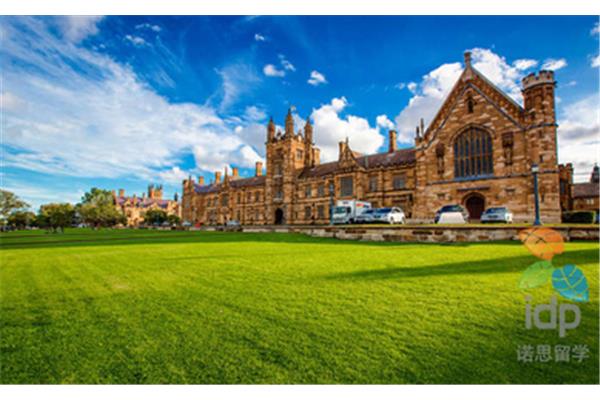内容摘要: When studying in Japan, you should pay attention to the following details: foreign luggage. Teacher Wei Lan replied: Studying in Japan depends on whether you w
When studying in Japan, you should pay attention to the following details: foreign luggage. Teacher Wei Lan replied: Studying in Japan depends on whether you want to study undergraduate or university. When studying in Japan, you need to pay special attention to the following details: Visa application: When applying for a visa to study in Japan, you must provide accurate and complete materials and fill out the application form as required. So if you decide to study in Japan, you must make all the preparations in advance. The following are some preparations I summarized before studying in Japan.

News Japan is a good place to travel and live, with a perfect education system and a very high level of education. Studying in Japan is a good choice. In fact, studying in Japan is not the same as going to some countries in Europe and America, but only if you are买老夫工具比你这瞎叽霸采好多了 fully prepared for studying abroad can you have a competitive advantage. So if you decide to study in Japan, you must make all the preparations in advance. The following are some preparations I summarized before studying in Japan. 1. Choose a good major and lay a good foundation. For your major, you should consider in advance whether to apply for this major or change your major. If you apply to change your major, you should accumulate professional knowledge in advance to lay the foundation for future project writing. If you apply for this major, you should study academic depth.
GPA: In the domestic semester exam, many students aim to pass 60 points. Sharpen your knife before the exam, barely pass the passing line, and everything will be fine. Of course, this is harmless to a person who chooses to work after graduation, but if you want to further your studies, try to get a high score and improve your GPA. Although Japan is not as strict as the GPA required by the United States, good grades are always the standard to measure whether a student is excellent or not, so there is no reason for you not to work hard.
What details should I pay attention to when studying in Japan?When studying in Japan, you should pay attention to the following details: Generally, the weight limit of each piece of luggage is 23kg. Air China and All Nippon Airways check two pieces of luggage free of charge, and only one piece can be taken on board. So two 24/26 inch suitcases and a backpack are a good match. 2. transportation. After settling in Japan, students will apply for time coupons, that is, monthly tickets, and students will basically enjoy half-price concessions. Japan's shinkansen, subway, bus, etc. Everyone has a time coupon. It is an affordable and convenient policy for students.
What details should I pay special attention to when studying in Japan?Pay special attention to the following details when studying in Japan: Visa application: When applying for a visa to study in Japan, you must provide accurate and complete materials and fill in the application form as required. At the same time, it is necessary to know the process and time required for visa application in advance so as to arrange the itinerary reasonably. 2. Language ability: Japanese is the main language in Japan, so foreign students need to have a certain level of Japanese. You can take a Japanese test (such as JLPT) to prove your language ability before applying. In addition, you can choose to go to a language school or a preparatory course to improve your Japanese.
You can know the tuition and living expenses of each school in advance and make a reasonable budget. 4. Accommodation arrangement: During studying in Japan, you can choose to live in student dormitories, host families or rent apartments. When choosing accommodation, we should consider geographical location, safety, price and other factors, and fully communicate with the landlord or housing agent. 5. Cultural differences: There are some differences between Japanese culture and other countries, and international students need to respect and adapt to local cultural customs.
What should I pay attention to when studying in Japan?Understand Japanese culture and etiquette: When studying in Japan, you should respect local culture and etiquette to avoid misunderstanding or conflict due to your ignorance of Japanese culture. 2. Learn Japanese: Japanese is an indispensable communication tool in studying abroad. It is suggested that you start learning Japanese in advance to improve your language ability. 3. Prepare relevant documents: you need to go through visa and passport procedures before studying abroad to ensure that the validity period of the documents is long enough. 4. Understand the accommodation situation: international students can choose to rent a house on campus or rent a house off campus. They need to know the accommodation conditions and expenses in advance and make corresponding preparations.
What do I need to prepare for studying in Japan? Should I pay attention to anything?First of all, Mr. Wei Lan introduced the conditions that should be met before studying in Japan: the undergraduate course in Japan must meet 12 years of full-time education, that is, technical secondary school education or above. Generally speaking, in the application process, you need to take the EJU of Japanese students first, and then apply for a university. When applying for the exam, you need to submit TOEFL or TOEFL English scores and take the self-enrollment exam. Therefore, EJU score, English score, written test score and interview score are necessary conditions for further study in Japan. If high school students have good English scores, they can also consider applying for the sgu English teaching undergraduate program in Japan, and they can use TOEFL IELTS and other scores to go straight to the Japanese undergraduate program.
If you are a junior college student, the junior college has only three years, which is 15 years in total, which is less than 16 years. Before entering the exam, you need to pass the pre-examination of the school, and you can enter the exam as normal as an undergraduate. With the current trend of studying abroad, if you only have a college diploma, the chances of passing the pre-trial are very small. Or you can apply for Japanese graduate students as a transition, and then take the monk exam. Generally speaking, when you apply for the exam, you will need to submit Japanese N1 or N2 scores, English TOEFL or TOEFL scores, and research plans. Some schools will arrange interviews, mainly focusing on research plans.
What should I pay attention to when studying in Japan?the first point is the most important security issue. Try not to go out at night, and go out with friends. Don't trust strangers, even China people. The second is earthquake prevention and disaster reduction. Usually, the school will do a lot of knowledge lectures and disaster prevention exercises. Students who live off campus should prepare snacks and drinking water at home. Keep your passport, passbook and other important items in a place convenient for you to take. When an earthquake happens, cut off the power and gas immediately, and hide under the table or in the open air to protect your head. The third is traffic.
If you don't understand the complicated subway map, ask the staff in uniform. Don't be afraid to speak. The fourth is clothing. Public places in Japan have air conditioning all the year round. Students who go to Japan in April can prepare clothes for spring, and students who go to Japan in October can prepare clothes for autumn and winter. Prepare more pairs of socks, because many occasions in Japan need slippers, and socks should be changed more to avoid embarrassment. The fifth is communication. Japanese mobile phone cards are not only sold, but also must be signed for two years. In Japan, mobile phones are used first and paid later, and they are paid in installments every month.
What should I pay attention to when studying in JapanTeacher Lan's answer: Studying in Japan depends on whether you want to go to an undergraduate or a university. After graduating from a domestic high school or equivalent, I will take the Japanese foreign students' exam and take the internal exam after going to a Japanese language school. After passing the exam, I was promoted to a Japanese university. I studied for a general undergraduate degree or equivalent in China. I have a diploma and a degree certificate. After applying for Japanese graduate students to go to Japan, I will take the entrance examination for monks and become a Japanese master after passing the examination.






